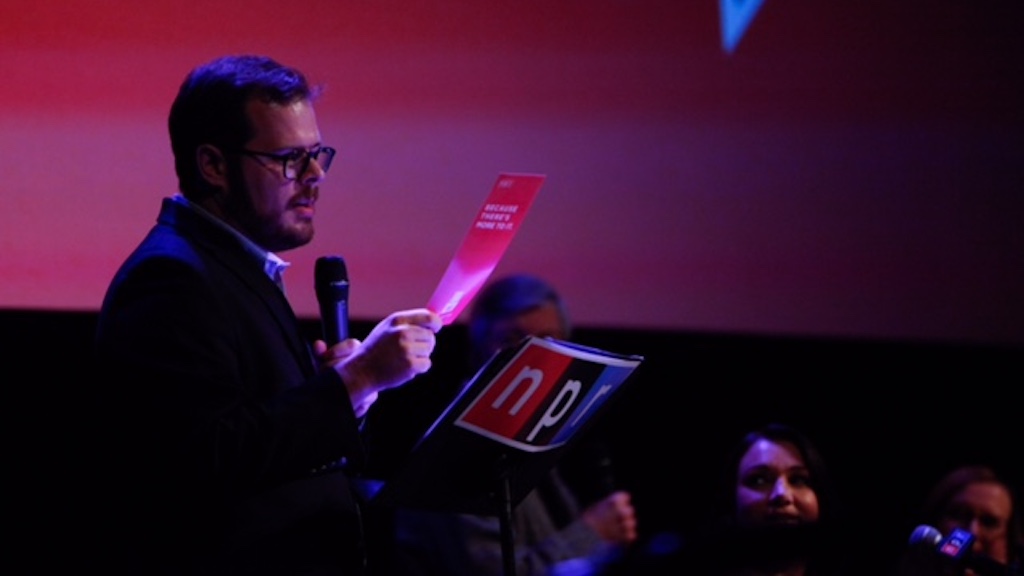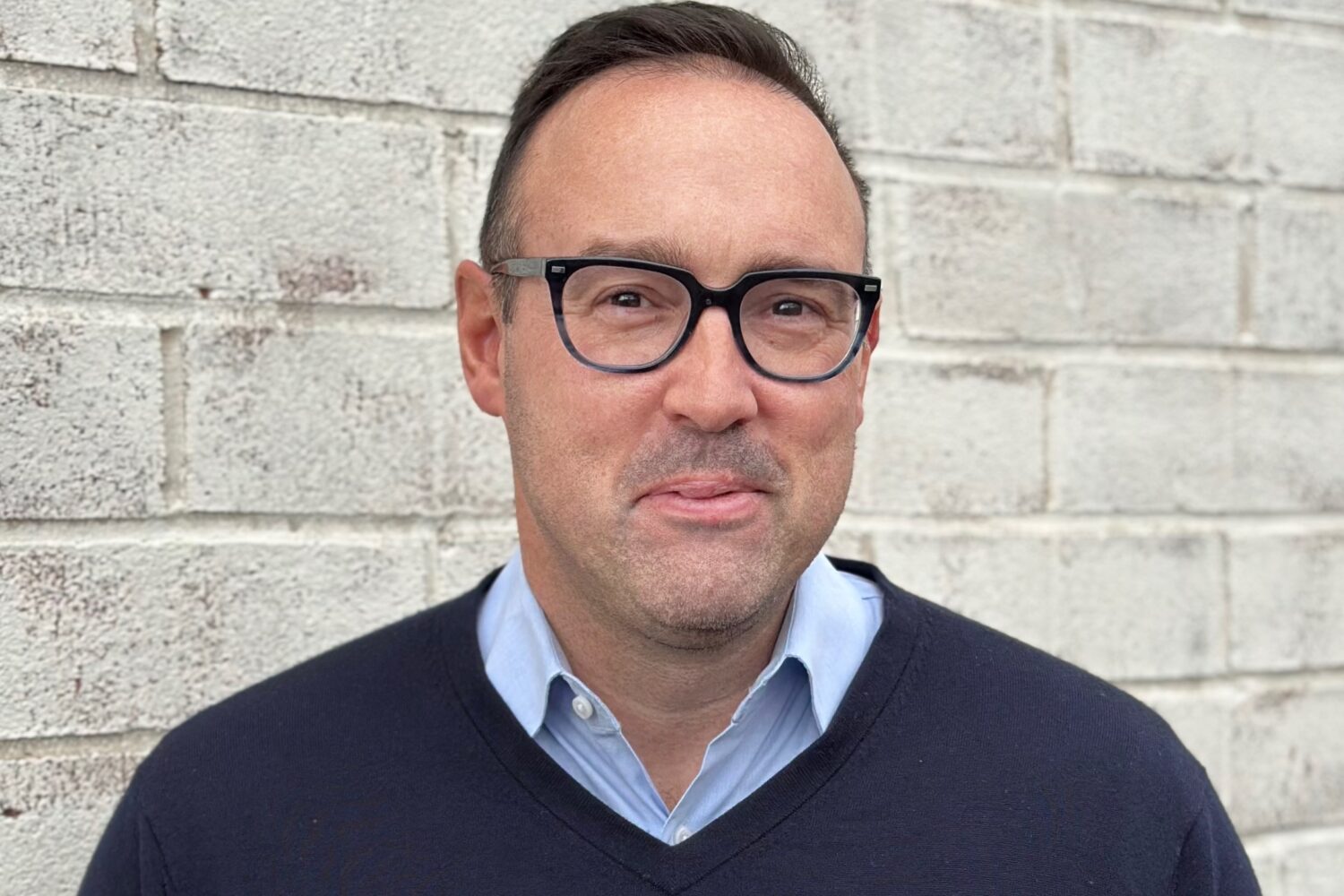It’s a Thursday afternoon in January, and NPR producer Samantha Fields is wrangling various correspondents into a small room to tape the station’s biweekly politics podcast. Anchor hosts Scott Detrow and Tamara Keith joke with congressional reporter Kelsey Snell, who’s calling in from a booth somewhere in the Capitol, running solely on DayQuil and coffee (she’s sick). Mara Liasson is running late, on her way from the White House to the outlet’s NoMa headquarters. Finally, when Liaison arrives, they all settle into the room.
For the next hour or so, the reporters riff on what everyone seems to be talking about during this particular week. Seven days before President Trump would refer to some nations as “shithole countries,” the topic is still Michael Wolff’s tell-all book and the question of just how important a role Steve Bannon played in getting Trump elected. After discussing some of the juiciest aspects of the book, as well as the President’s tweet claiming that his nuclear button was “much bigger” than North Korean dictator Kim Jong-un‘s, the correspondents leave the podcast in the hands of trusted editors, who whittle it down into the Weekly Roundup.
NPR Politics is just one of the myriad podcasts that the broadcast network has developed over the past few years in efforts to expand its digital content. It’s also one of the most popular, with about 450,000 weekly downloads reported as of last October. The concept is simple: twice a week, NPR political correspondents sit down to talk about the things they’ve been reporting on. While congressional correspondent Scott Detrow and White House correspondent Tamara Keith host the show, reporters like Susan Davis, Domenico Montanaro, and Ron Elving join the conversation regularly, and there’s never a shortage of questions to address.
Unlike many of the other popular political podcasts out there right now—think Pod Save America or The Ben Shapiro Show—NPR Politics stays away from opinion and commentary, favoring straight news and analysis instead. “We’re not here to make liberals feel better, and we’re not here to make conservatives feel better,” Keith says. “Our audience comes to us to explain things that are often confusing. This is a challenging time to be a news consumer…we do our best to translate what can be a complicated political world.”
“Some people will yell at us for not being more opinionated,” Detrow says. But the congressional correspondent believes that, especially after the 2016 election, there’s “real reception” for podcasts that can clearly present concepts that hadn’t been talked about much before—for example, what the role of a special prosecutor is, or how the 25th Amendment might be invoked for the current president.
Of course, on iTunes reviews, some critics have dismissed the pod for its “liberal tilt,” while others have praised “the informal nature of the podcast.” Washingtonians can judge for themselves next Thursday, January 18, when the team will record a live taping of the podcast at the Warner Theatre. Tickets—which start at $34—are still available.



















